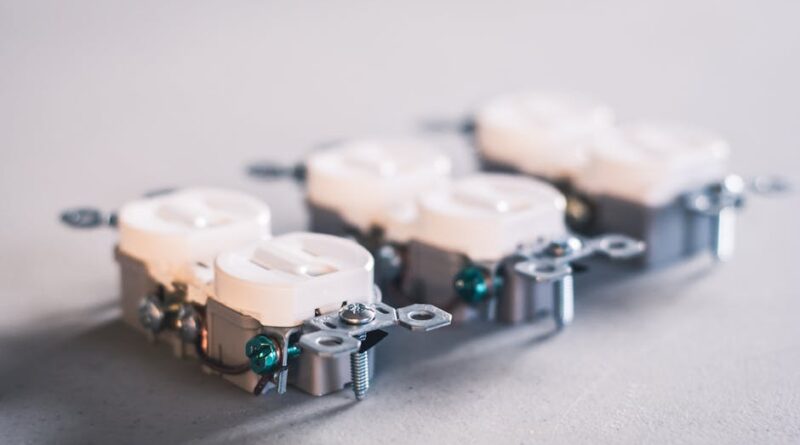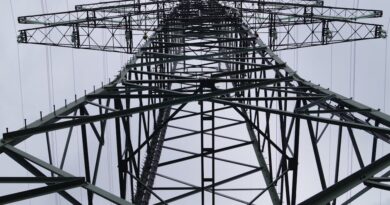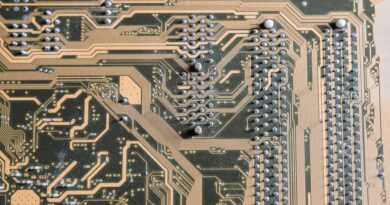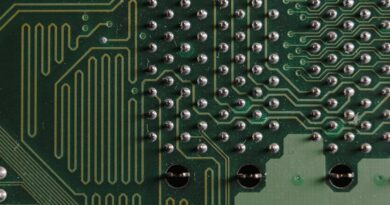Electrical Supply Trends in the Machinery Sector
Have you ever thought about how crucial electricity is to the machinery sector? Without it, most machines wouldn’t even turn on. In recent years, the trends in electrical supply for this sector have changed dramatically. Let’s explore these trends and their impact on how machines operate today.
what’s Driving Change in Electrical Supply?

The machinery sector is evolving. Factors like technology, sustainability, and efficiency are driving these changes. Companies want more efficient machines that use less energy. This demand results in new electrical supply trends that can benefit everyone.
One major change is the shift towards renewable energy sources. For instance, solar and wind energy are becoming popular choices for powering machinery. This shift not only helps the environment but also reduces long-term costs for companies.
How Is Technology Influencing Electrical Supply?

Technology plays a crucial role in today’s machinery sector. Advanced sensors and smart devices help machines communicate better. This means they can operate more efficiently and use electricity more wisely.
For example, many factories use Internet of Things (IoT) devices. These devices monitor energy consumption in real-time. If a machine is using too much power, it can alert operators. This helps reduce waste and saves money.
What About Energy Storage Solutions?
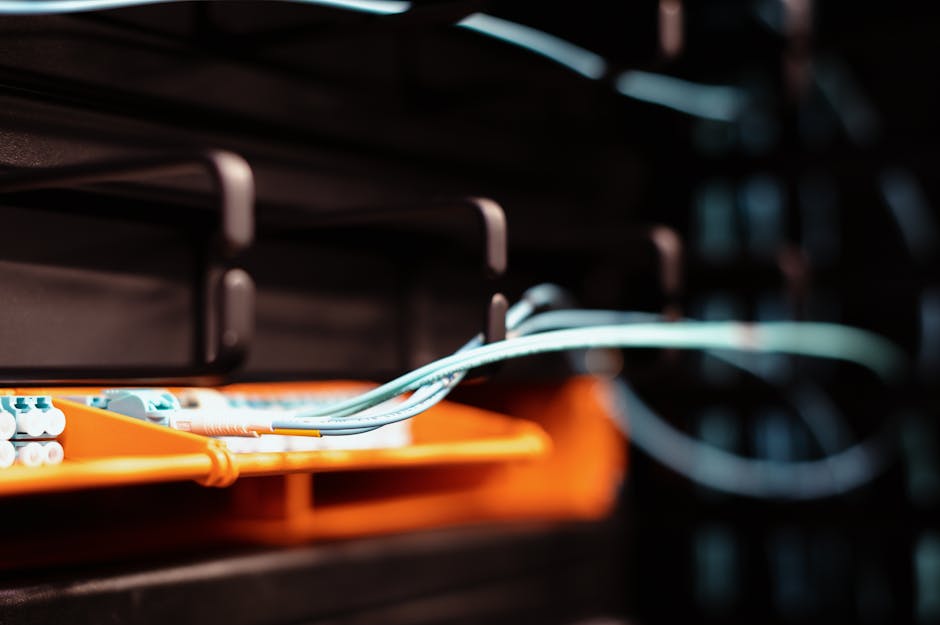
Energy storage is another hot topic. With renewable energy on the rise, companies need ways to store that energy for later use. Batteries and other storage solutions are becoming essential for machinery operations.
- Flexibility: Stored energy allows machines to operate even when the sun isn’t shining or the wind isn’t blowing.
- Cost-Effective: Using stored energy can reduce energy costs during peak hours.
- Reliability: Energy storage ensures that machines don’t stop unexpectedly due to power shortages.
Imagine having a battery in your home that charges when electricity is cheap. You could use that stored energy when prices go up. This concept is now being applied in industrial machinery.
Are Companies Going Green?

Yes! Theres a strong push for greener solutions in the machinery sector. Companies realize that being eco-friendly isn’t just good for the planet; it’s also good for business. Many are investing in energy-efficient machines.
Consider this: According to a recent study, around 70% of manufacturing companies are integrating sustainability into their operations. This focus not only enhances their brand image but also attracts customers who care about the environment.
What Role Do Regulations Play?
Regulations are significant in shaping electrical supply trends. Governments worldwide are imposing stricter energy efficiency standards. This means machinery manufacturers must adapt.
For example, the European Union has set ambitious targets to reduce carbon emissions. As a result, machinery makers are developing products that meet these new standards. Compliance can also lead to lower operating costs.
How Are Traditional Manufacturers Adapting?
Traditional machinery manufacturers are feeling the heat. They must innovate to stay competitive. Many are rethinking their electrical supply strategies.
- Investing in R&D: Companies are spending more on research and development to create energy-efficient machines.
- Upgrading Infrastructure: Older factories are being updated with modern electrical systems that enhance efficiency.
- Collaborating with Tech Firms: Partnerships with technology companies are becoming common to leverage new developments.
For instance, a well-known manufacturing company recently partnered with a tech startup to develop smart machinery. This collaboration resulted in machines that save energy while boosting productivity.
What Are the Benefits of Smart Grids?
Smart grids are transforming how electrical supply is managed. They allow for two-way communication between utilities and consumers. This technology helps in optimizing electricity distribution.
How does this help the machinery sector? Here are a few benefits:
- Improved Reliability: Smart grids reduce the chances of power outages affecting operations.
- Better Energy Management: They provide real-time data, helping companies adjust their energy use effectively.
- Cost Savings: Smart grids can lower energy costs by optimizing distribution and use.
what’s Next for Electrical Supply in Machinery?
The future looks bright for electrical supply in the machinery sector. Innovations like artificial intelligence (AI) are on the rise. AI can help predict machinery failures, leading to better maintenance schedules and less downtime.
Moreover, as electric vehicles (EVs) gain popularity, the machinery sector will likely adopt similar technologies. The integration of EV technology could lead to more efficient electrical supply practices in manufacturing environments.
How Can Companies Prepare?
Companies should start preparing for these changes now. Here are some actionable steps:
- Invest in Training: Educate employees on new technologies and best practices.
- Revamp Energy Strategies: Assess current energy use and explore renewable options.
- Stay Informed: Keep up with regulations and industry trends to remain competitive.
By taking these steps, companies can position themselves for success in a rapidly changing landscape.
Final Thoughts
Electrical supply trends in the machinery sector are shaping the future of manufacturing. The shift towards renewable energy, advanced technology, and sustainability is not just a trend; it’s a necessity. Companies embracing these changes will thrive in the coming years.
As we look ahead, it’s clear that staying informed and adaptive is key. The machinery sector will continue to evolve, and those who lead the charge will set themselves apart.
For further reading on sustainability trends in manufacturing, check out this [source](https://www.manufacturing.net/sustainability).
